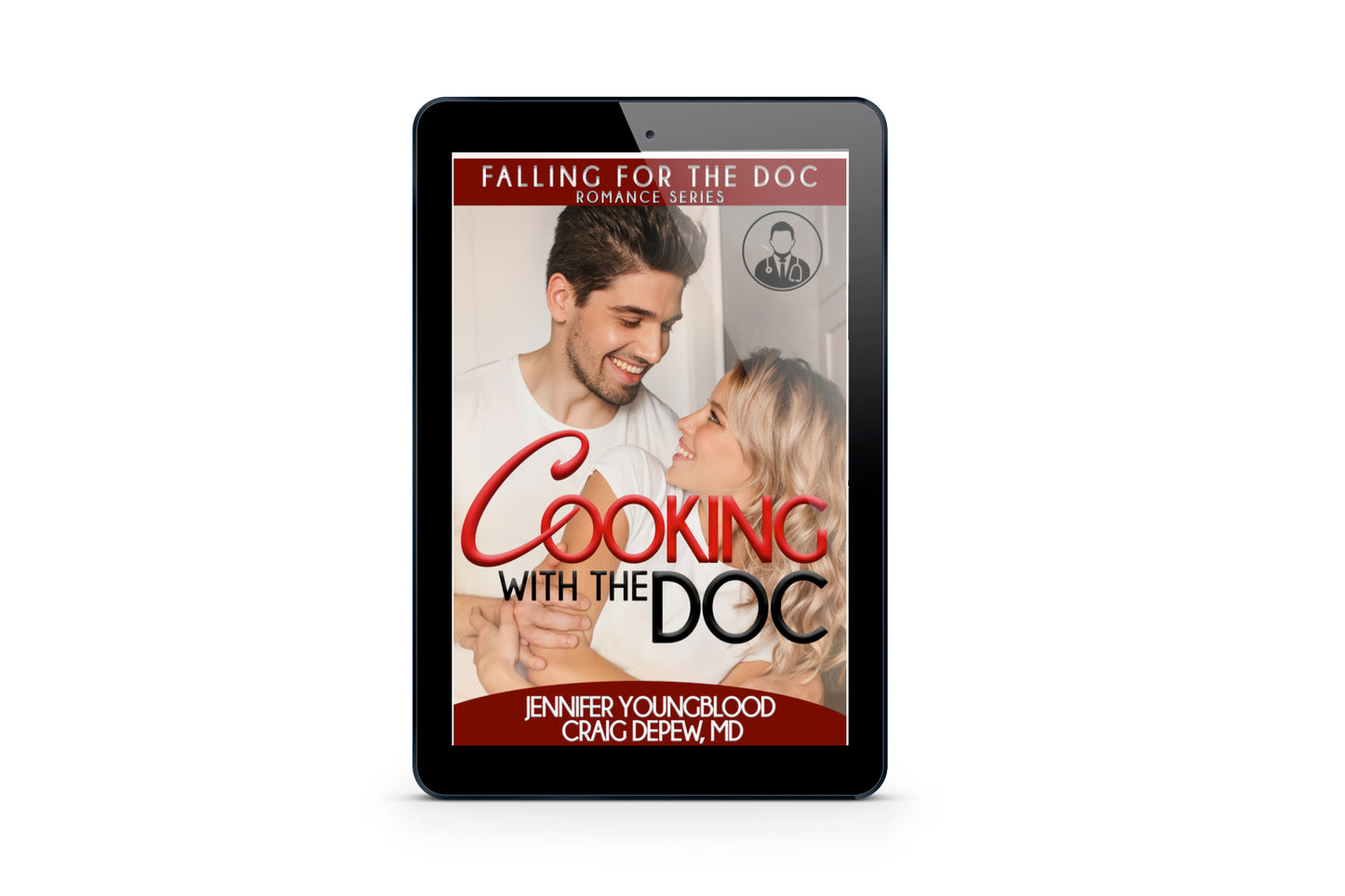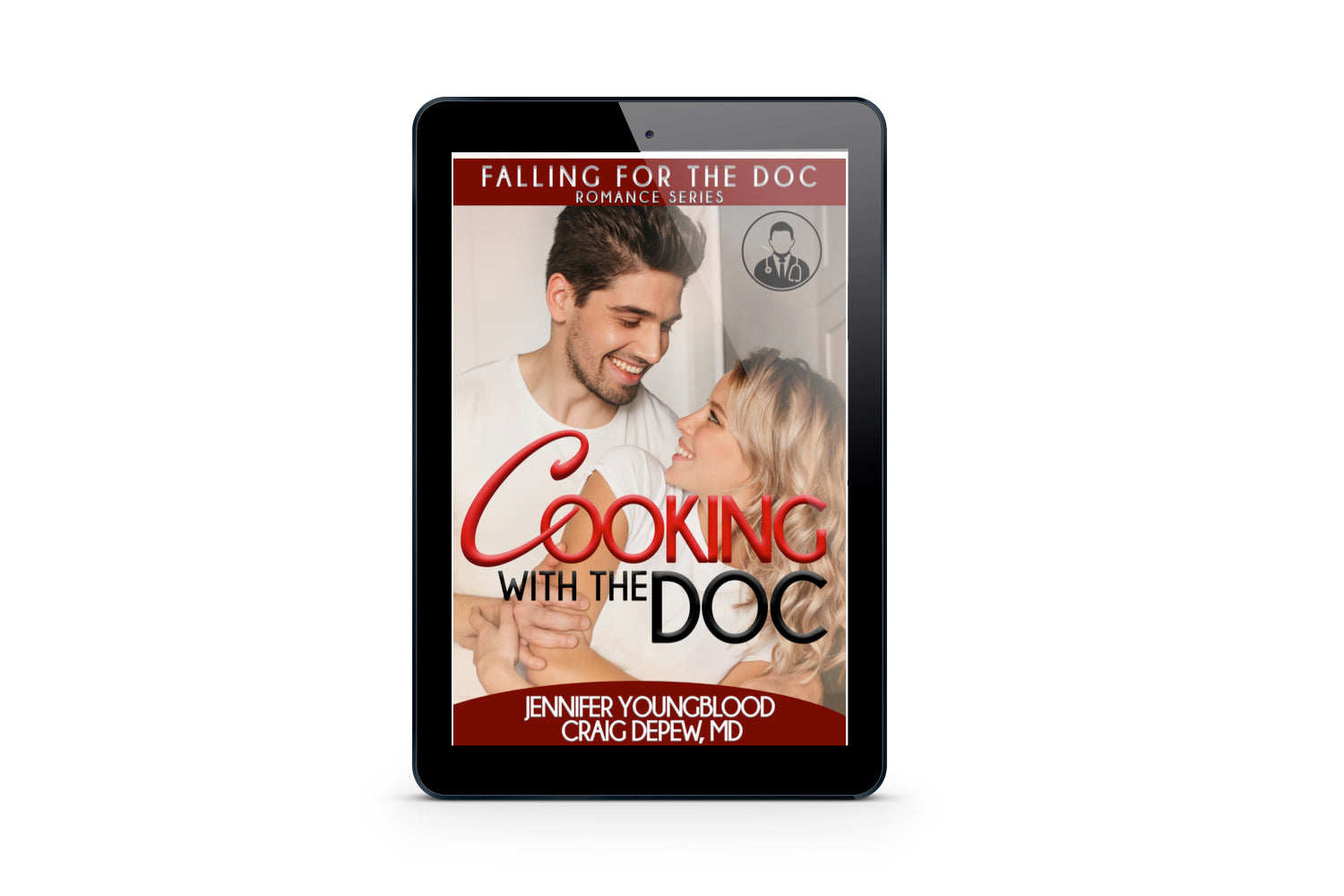Prologue
It was controlled chaos in the operating room. Dr. Samuel Wallentine said a silent prayer, thanking God for the air conditioning that protected them from the brutal Afghan summer sun.
He labored in the Army’s most advanced field hospital. It consisted of a fully equipped, four-bed operating room packaged inside a steel shipping container. These units could be put on a trailer or slung under a helicopter. The Army had plopped four of them side by side on top of a plateau at Forward Operating Base Belleview.
His job was to tie off bleeding vessels, place organs back where they belonged, and prepare wounded soldiers for medevac to a much larger Stage C hospital.
Sam was proud of the work they did at Combat Support Hospital. Because they managed to keep so many men and women alive through the golden hour after they were wounded, many more survived than would have otherwise. Many more families still had daddies and mommies, brothers and sisters, daughters and sons at the dinner table instead of beneath heroic tombstones.
First Sergeant Mirabelle Walker the RN running their outfit strolled among the four operating tables. Sam thought she was probably the cutest soldier in the Army, and he enjoyed having her around. She was just the right combination of flirty, professional and lethal. Even though she was five foot three inches tall, Sam was pretty sure she could take down any Taliban terrorist with one hand tied behind her back.
During downtime she was the friendly little sister anyone would want, but when there was work to be done, she was all business.
At Table Alpha the team sat and chatted. “I don’t care what Andreotti says. There’s no way Milan can beat Madrid for the World Cup.”
“I remember the good old days, when soldiers just argued about American football,” Mirabelle interrupted. “Stick a bunch of good men overseas, and all of a sudden, they’re experts on world sports.”
“You know what they say, ‘When in Rome…’”
“Yeah, and when in Kabul, kick around a goat’s head like the locals do?” She made a face. “I don’t think so,” she retorted.
The men laughed and went back to their argument.
At the other end of the OR, surgical teams were finishing up their last two cases of the morning on Table Charlie and Table Delta. Outside, a Blackhawk helicopter beat a steady rhythm while its engines idled, waiting to whisk the patients away and make room for more wounded. Techs were standing by to sanitize the tables as soon as the cases were finished and carried out the back door to the choppers.
Mirabelle stopped at Table Bravo, where Sam sat on a metal folding chair reading a journal article about septic shock on the battlefield. He set it down and smiled at her. “Hey there, Mirabelle.”
“Hiya, doc,” she replied. She didn’t use her military voice but spoke to him in sweet, sing-song tones. “Don’t you already know enough? Whatcha learning?”
He picked up the surgical journal and pointed to the headline of the article. “This guy claims that bullet and IED wounds can get infected. Gee, who’d have guessed?”
“Better make sure and wear your gloves,” she quipped. “You know, I ordered those special just for your ginormous hands.”
A grin tugged at his lips. “I kinda figured that,” he drawled. “Too bad nobody else gets this color.” He picked a glove out of the box attached to the wall. Everyone in the OR wore lilac-colored nitrile gloves for non-sterile work. Everyone, that was, except Sam. His were pink … an obnoxious, bright, hot pink. “Do they glow in the dark too?” he teased.
Her eyes sparkled with an eager glow. “I don’t know. Let’s hang out after our shift, and we can find out.”
He shook his head, tsking his tongue. “Now, Mirabelle, what would your boyfriend think if he heard you say that?”
The corners of her mouth pulled down. “I don’t have a boyfriend. You’d think that here, surrounded by dozens of big, burly soldiers and Marines, I could find one but nope.”
Mirabelle was fun to banter with. “There’s that huge, scary Special Forces guy I saw winking at you.”
Pink tinged her cheeks, her hands going to her hips. “Dave’s not scary. He’s just a big teddy bear.”
“Yeah, well I’m terrified of him,” Sam said dryly.
A klaxon sounded outside. Immediately, Sergeant Mirabelle got serious, putting her hand to her earpiece. She nodded and mumbled something into her microphone. Raising her head, she called out to her crew. “Listen up people. Casualties arriving in five minutes. IED ambush on a humanitarian convoy. We’re expecting at least eight victims.”
Sam put a surgery cap over his brown, military-cut hair and tied on his mask. He scrubbed in, and a medic helped him into his sterile gown. The medic had to stand on a footstool to reach around his broad shoulders. His green eyes were all that showed between his mask and cap. He had his personal supply of sterile gloves, since no one else wore size eight and a half. They weren’t pink though. All of the sterile gloves were bland tan-colored. He grinned a little thinking of the pink.
Sam was ten hours into a twelve-hour shift. He shook the ache out of his shoulders and the fatigue from his back and brain. The team members were allowed to get out of the surgical unit and take in some fresh air between cases, but for the most part, they didn’t bother.
It was sweltering outside, and the sun was so blazing that it was worse than staying inside. Besides, the air outside tended to be contaminated with sniper’s bullets zipping in from the surrounding hills. That absolutely made it more pleasant inside the bulletproof container.
The medic finished putting Sam’s gown on him and slapped him on both shoulders. “Hang in there, doc. Two more hours. You can do this.”
“For God and country,” he replied. “Hoorah.” Alisha was a Marine, so he could get away with saying that to her.
“Hoorah, sir.” Alisha wore a surgical mask to keep his gown sterile, but her eyes smiled at him.
Sam appreciated Alisha’s pleasant nature, especially here amidst the gloom of life and death situations where the future turned on a dime. “I’m going to miss working with you when you rotate home this weekend. It’s been good.”
Her smile widened. “Yeah, but all good deployments end sometime,” she said in a practical tone. “These four months have been something else. I can’t wait to get home to my husband and kids.”
An unexpected pang went through Sam, reminding him that he had no one to go home to. “How many are there? I know you’ve told me before.”
“Three of them. My oldest is eight, a girl. I have two boys—a four-year-old and two-year-old. Oh, and one husband who’s the biggest kid of all,” she added with a chuckle.
“Get home to them, girl. You don’t need to be here anymore.”
“That’s for sure.”
It wasn’t easy to keep a positive attitude in circumstances like these. So many good men and women, all of them volunteers, came here to provide safety and freedom for complete strangers. Then not one of those strangers said, “Thanks” or showed much appreciation. The reward for selflessly giving months or years out of their lives was to be spit on, distrusted, and blown up. Sam had seen so much misery and death inflicted upon his countrymen.
Even worse was what these insurgents did to each other. Sam had treated hundreds of local women and children in his time here. In the best cases they’d been ignored and starved. In the worst cases, well, he couldn’t focus on the worst ones. To survive here, soldiers had to learn to compartmentalize their experiences. His mental shoeboxes where he stored memories were labeled Good Times and All Other. Unfortunately, the latter overflowed while the Good Times box languished.
Military vehicles rumbled to a stop outside the container. The hospital doors opened and field medics carried in two badly burned and mangled men.
“All the way to the end,” Mirabelle directed, pointing to the recently cleaned operating tables where the teams had changed into fresh gowns and were standing by. Sam waited his turn.
Two more medics brought a man through the door on a canvas stretcher. Their uniforms were dark green, Afghan army style, not the desert camo of American soldiers. Afghan allies were welcome in the US hospitals, as were civilians and even enemies. Americans served and saved all comers.
Mirabelle pointed with her pen. “Bed bravo,” she said, indicating Sam’s table.
The wounded man wore a British uniform soaked in blood, a bullet wound above his left eye. Sam knew he didn’t have much to offer the poor boy.
The Afghan soldiers walked out and Sam’s team got to work. They cut away the uniform only to discover his Osprey body armor. It was similar to the US armor they were familiar with but different enough that it took a few extra seconds to figure out where the Brits had placed the hooks, snaps, buttons and belts, so the team could remove his ceramic plates.
Sam glanced up. The Afghan medics were back, this time with one of their own wounded.
“Bed Alpha,” Mirabelle ordered. They placed the man on the table and quickly left.
Sam and his team focused intensely. The anesthetist connected the blood pressure monitor. “No pulse, no BP,” he intoned.
“Can’t get fluids running. His veins are already clotted,” added a medic, his voice hopeless.
Sam studied the man’s abdominal wound. The blood was already dry. Not just clotted but really dry, hard, flaky. He reached into the wound. The body was completely cold. This man hadn’t been a casualty just this morning. He’d been dead a couple of days already. Why had the Afghans bothered bringing him in? He should have gone straight to the morgue. They’d held onto his body and brought him in with their own guy. Why?
The American sentries who guarded the entrance to the base stopped and searched all Afghans who tried to enter. But if they were transporting a coalition casualty, that would have gotten them in on the fast track through the gate and into the base hospital. Besides, these Afghans were friendly. They weren’t enemies.
He glanced over at Table Alpha. The team there worked on a flesh wound in the Afghan soldier’s left triceps. Not a big deal. He’d be patched up and sent back to his unit to recover.
The man smiled at Sam. He raised his head and spoke in English, loud enough for Sam to hear. “Allah is great, my friend. I’m going to Paradise today. I’m taking all of you with me.”
A red fabric strap dangled from his shirt tail. How curious. It wasn’t part of his uniform or his underclothing.
In a gut-wrenching punch that nearly stole Sam’s breath, he realized what was happening.
Sam threw down his scalpel and leapt onto the Afghan, knocking a surgical tech at Table Alpha to the floor.
Mirabelle dropped her clipboard. “Captain Wallentine!” she screamed. “Sam! What are you doing?”
The other surgeon backed up against the wall, still holding a needle in his suture forceps. The Afghan made a grab for the strap but because the man was so small it was easy for Sam to pin his hands above his head.
A heavy weight slammed into Sam’s back. “Get control of yourself, sir!” said a burly Navy corpsman. He grabbed Sam’s left wrist and pinned it behind his back.
Mirabelle grabbed his right hand.
“Sam, have you cracked?” she asked.
“Stop!” Sam protested. “Let go, and help me.” They spun him around and dragged him to the door. An MP opened it for them. Sam felt like everything was moving in slow motion. His mind whirled as he fought to get the words out. “He’s a suicide bomber! You just freed his hands and now he—"
The explosion wasn’t a resounding boom like in the movies. It was an ear-splitting crack. A shock wave of heat and incredible light slammed into his back.
Sam awoke, lying prone on the gray, dusty soil. His head was tilted to the right. With one eye he could see American soldiers running in all directions. They paused, knelt and fired rifles above him. The firefight lasted only half a minute.
Someone put a hand on his shoulder. He tried to move, to roll onto his back, but he couldn’t get his muscles to cooperate.
Two fingers felt around on his neck. A voice called out, “This one’s still alive. Medic, Medic, over here!”
Sam’s eyelid drooped and he slipped back into unconsciousness.






